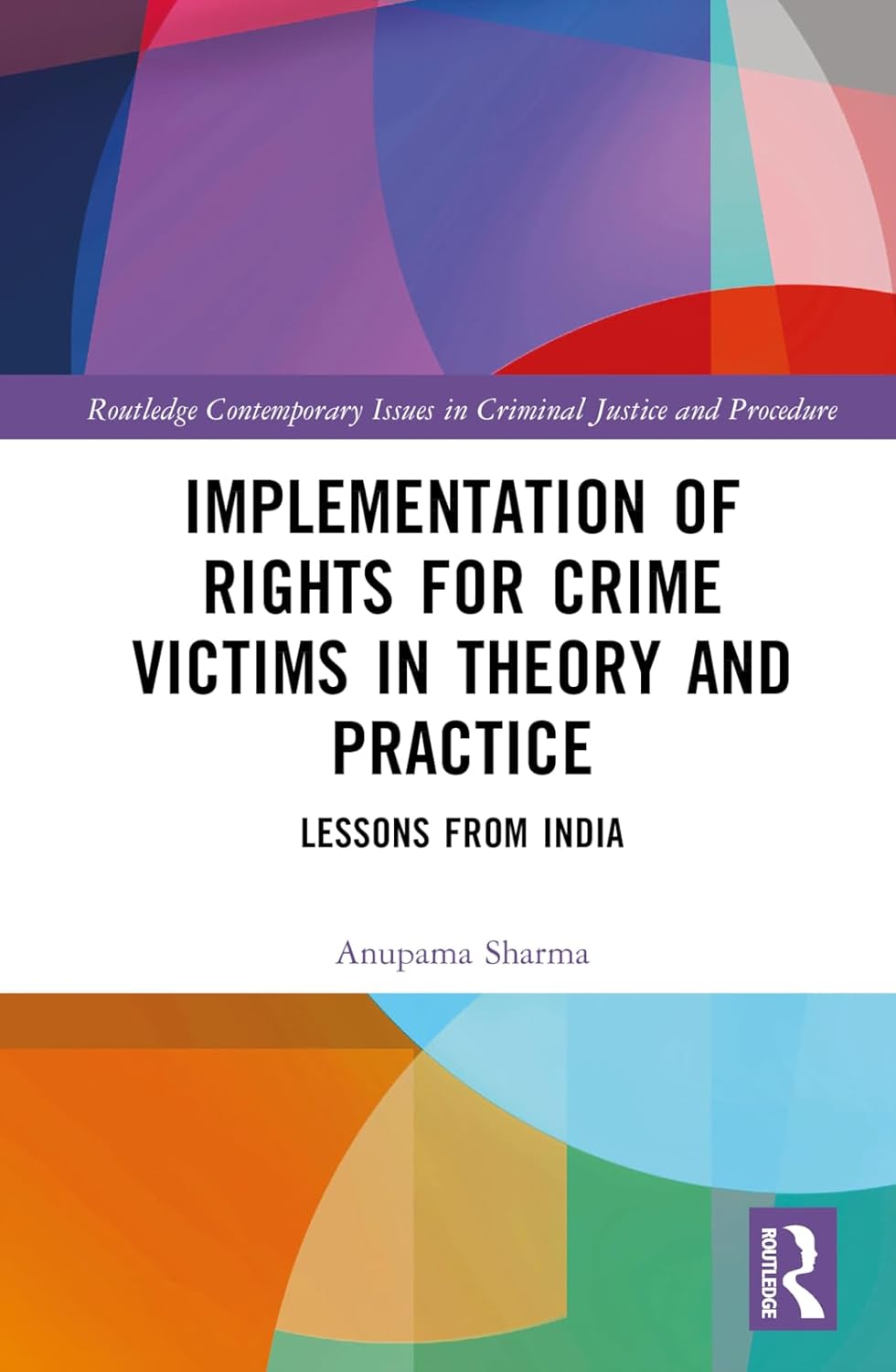Filter by
Published By
Publication Type
Topic
Year
Published By
Publication Type
Topic
Year
Narivetta’s Partial Image Of Muthanga Struggle: Adivasi Fight For Land Drags On For 22 Years
June 10, 2025
The recently released Malayalam film Narivetta has sparked public discussions in Kerala regarding the 2003 Muthanga land struggle. But, 22 years later, RTI responses reveal that spending on special Adivasi funds and promised land allocations…
Gender Wars
May 25, 2025
The progress made by gay and lesbian activists has not adequately advanced transgender rights, with divisions growing within the LGBTQ+ community and increased anti-transgender legislation. Views expressed in this article are solely those of the…
Caste, Incivility and the Prospects of Civil Repair
May 21, 2025
Co-author: Hugo Gorringe The book chapter basically argues that, despite backlashes at every stage in their claims to equality and social justice, Dalits and Dalit movements are continuously engaged in civil repair efforts. The Dalits…
Uttarakhand Uniform Civil Code: Excessive Bureaucracy, Few Rights
April 29, 2025
The Uttarakhand law may violate privacy and religious freedoms by imposing controls on marriage, live-ins, and divorce – measures that can disproportionately burden women and inter-faith couples. This surveillance risks undermining rights rather than safeguarding them….
What The UK Can Learn From India About Trans Rights And Inclusive Feminism
April 24, 2025
At a time when exclusion is often framed as protection, some collective practices of reflection, care, and solidarity remind us that the feminist and queer project has always been about expanding, not narrowing, the possibilities…
How B.R. Ambedkar’s Radical Critique Of Caste Could Transform Transgender Activism In India
April 14, 2025
In this piece, Swarupa and Aniket highlight that Ambedkar’s critique of caste was a critique of structural systemic injustice conceded as tradition. His insights, though rooted in caste, can be extended to the oppression of transgender individuals. A…
Arrest of Rodrigo Duterte for “War on Drugs” in the Philippines
March 11, 2025
Dr. Priya Pillai writes about the landmark arrest of former Philippines President Rodrigo Duterte, his actions as the President and the implications that this case might have on international law and politics. Views expressed in…
The Changing Landscape of Labour Regulations in India
March 8, 2025
A book review of ‘Critical Essays on Labour Codes, Labour Institutions and Labour Market Governance in the Post-Covid-19 times in India’ by K R Shyam Sundar, Delhi: Synergy Books India, 2023; pp 278, `1,380 (paperback)….
Caste Inequality in Occupational Exposure to Heat Waves in India
February 1, 2025
Co-author: Arpit Shah, Anish Sugathan, Vimal Mishra, Deepak Malghan The association between caste identity and exposure to heat stress shows why adaptation and mitigation plans in India must account for the hierarchical social order characterized…
Implementation of Rights for Crime Victims in Theory and Practice: Lessons from India
September 5, 2024
There are many different ways in which victims’ rights can be implemented. The implementation pattern may vary depending on the type of rights a jurisdiction offers and the purposes it seeks to achieve via these…

Under The Surface: Human Rights and Environmental Implications of the Proposed Sijimali Bauxite Mine in Odisha
April 12, 2024
Prepared by The Human Rights Lawyering Clinic at the National Law School of India University, Bangalore, this report covers the human rights and environmental implications of the proposed Sijimali bauxite mine in Rayagada and Kalahandi…

Kaathal Kandirangunnavarude Kannerum Queer Raashtreeyavum [Tears of ‘Kaathal’ Viewers and Queer Politics]
December 4, 2023
The discussion surrounding the movie ‘Kathal: The Core’ is heating up. Malayalees are finally starting to talk about the phenomenon of homosexuality. From the 1978 release of ‘Rundu Nathikaal’ to ‘Moothon’ which was released four…

